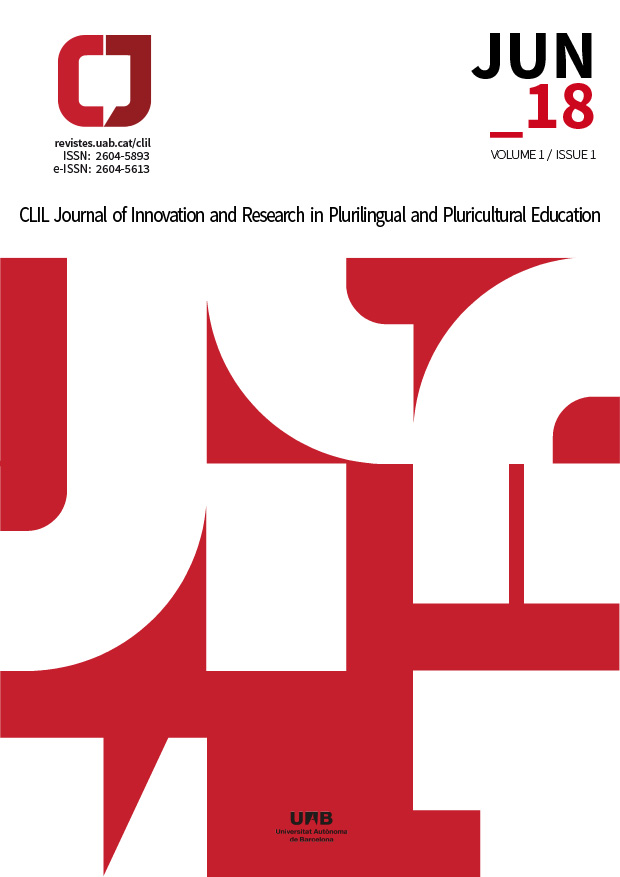Reading to Learn in CLIL Subjects: Working with content-language
Article Sidebar

Main Article Content
This article presents CLIL teachers with a principled approach to integrating the teaching of content with that of the language of their discipline. First the paper focuses on raising awareness of language, and of the difficulties students experience when reading the abstract language of a subject, by using an example from a CLIL history text from an early secondary class in a school in Spain. It then presents a genre-based programme for working on literacy across the curriculum, Reading to Learn, and describes the different steps a teacher may take to integrate reading and writing into the class activities. The first stage of the programme is illustrated by a CLIL science teacher’s introduction of a text to her class, and the final stage, by a text written by a student in the class, showing the result of the teacher’s work. In the student text, a science report, we see not only the learning of content but also of the language of the subject. The paper closes with a discussion of the Reading to Learn pedagogy from the perspective of teachers who attended seminars on the method given by the European Comenius project TeL4ELE, and implemented it with their students.
Article Details
Copyright
Authors who publish with this journal agree to the following terms:- Authors retain copyright.
- The texts published in this journal are – unless indicated otherwise – covered by the Creative Commons Spain Attribution 4.0 licence. You may copy, distribute, transmit and adapt the work, provided you attribute it (authorship, journal name, publisher) in the manner specified by the author(s) or licensor(s). The full text of the licence can be consulted here: https://creativecommons.org/licenses/by/4.0/.
- Authors are able to enter into separate, additional contractual arrangements for the non-exclusive distribution of the journal's published version of the work (e.g., post it to an institutional repository or publish it in a book), with an acknowledgement of its initial publication in this journal.
- Authors are permitted and encouraged to post their work online (e.g., in institutional repositories or on their website) prior to and during the submission process, as it can lead to productive exchanges, as well as earlier and greater citation of published work (See The Effect of Open Access).